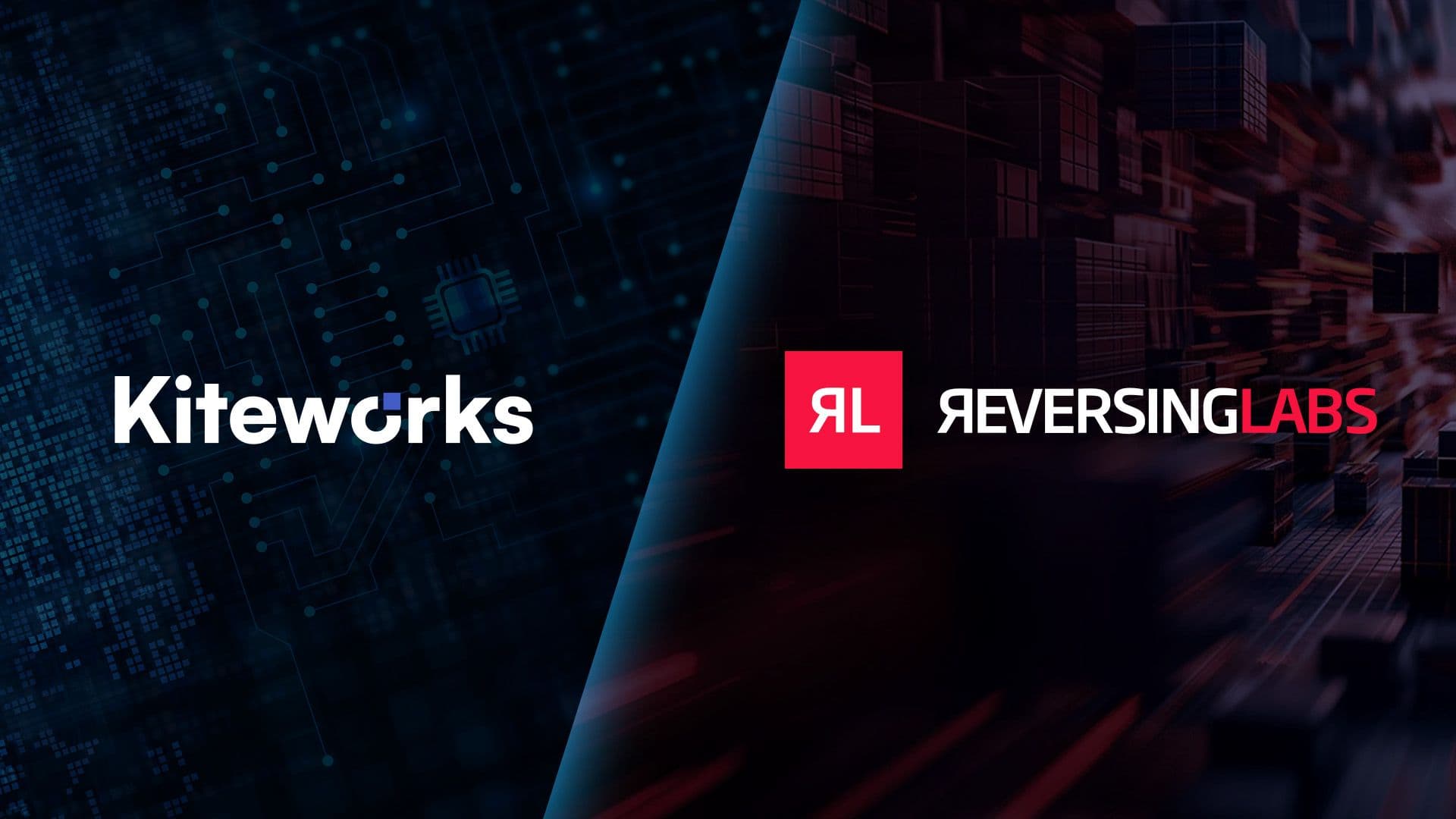Spectra Assure Free Trial
Get your 14-day free trial of Spectra Assure
Get Free TrialMore about Spectra Assure Free Trial
Organizations benefit greatly from secure file exchange because it protects sensitive data from unauthorized access and breaches. Secure file exchange enhances collaboration by enabling safe and efficient sharing of information internally and externally. It helps organizations comply with regulations, avoid costly penalties, and maintain trust with clients and stakeholders.
Additionally, secure file exchange boosts productivity by streamlining workflows and preventing disruptions caused by data leaks or cyberattacks. Overall, secure file exchange actively safeguards an organization's data integrity, reputation, and operational efficiency.
The Internet Content Adaptation Protocol (ICAP) is a lightweight, HTTP-like protocol defined in RFC 3507. It enables proxy servers and other network devices (ICAP clients) to efficiently offload content processing tasks to external ICAP servers. ICAP intercepts HTTP/HTTPS requests and responses, forwarding them to the ICAP server for adaptation, such as virus scanning, content filtering, or data loss prevention.
ICAP operates in two modes: REQMOD (request modification), where an HTTP request is sent to the server for possible modification or blocking, and RESPMOD (response modification), where HTTP responses are scanned or altered. The protocol supports partial content processing via "previews" to optimize performance.
By distributing processing loads, ICAP enhances security, reduces overhead on primary servers, and improves compliance enforcement in modern network environments, including web proxies, firewalls, and managed file exchange systems. The protocol supports HTTP headers encapsulation and has built-in mechanisms for caching and error handling.
This structure allows flexible, scalable, and dynamic content adaptation while maintaining network efficiency and security. Combining Kiteworks's ICAP client with ReversingLabs's ICAP server provides a solid foundation for securing data exchange.
Kiteworks is a leading platform for secure data exchange, offering a unified approach to sensitive email, file sharing, MFT, SFTP, web forms, and APIs. A key strength of Kiteworks lies in its commitment to robust security integrations, including its robust ICAP client capabilities.
Kiteworks Connector can leverage its ICAP client to:
By acting as an intelligent ICAP client, Kiteworks ensures that files traversing its platform undergo rigorous security scrutiny.
ReversingLabs (RL) is renowned for its advanced threat intelligence and file analysis capabilities. Its ICAP Server is a critical component of RL's security offerings, particularly with products like Spectra Analyze and Spectra Detect.
The RL ICAP Server brings several key features to the table:
When the RL ICAP Server is integrated with the Kiteworks ICAP Client, organizations achieve a highly fortified file exchange ecosystem. Here's how this integration delivers significant benefits:
A user attempts to upload or download a file via the Kiteworks platform.
The integration of the RL ICAP Server with the Kiteworks ICAP client marks a significant advancement in securing enterprise file exchanges. By merging Kiteworks’ robust data exchange platform with RL's cutting-edge threat intelligence and comprehensive file analysis, organizations gain a strong defense against evolving cyber threats. This collaboration helps safeguard sensitive information while ensuring compliance with relevant regulations. Together, they enable businesses to communicate and collaborate securely, even against increasingly sophisticated cyber adversaries.
Discover how authoritative threat intelligence can enhance your investigation workflows and enable your team to focus on what matters most: stopping real threats.
Explore RL's Spectra suite: Spectra Assure for software supply chain security, Spectra Detect for scalable file analysis, Spectra Analyze for malware analysis and threat hunting, and Spectra Intelligence for reputation data and intelligence.
Get your 14-day free trial of Spectra Assure
Get Free TrialMore about Spectra Assure Free Trial